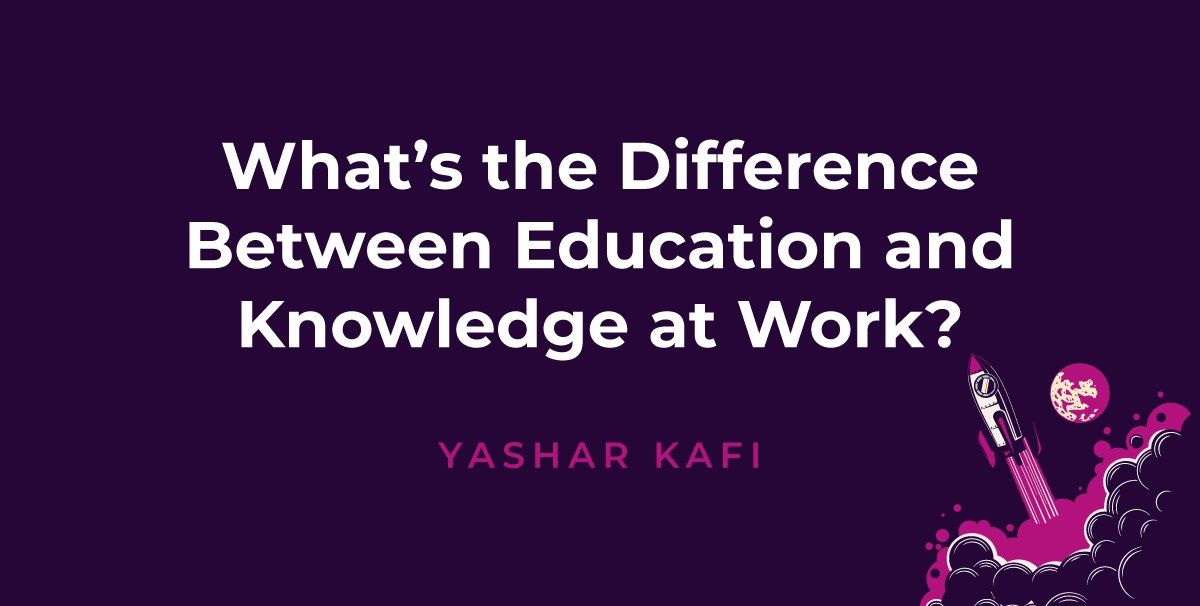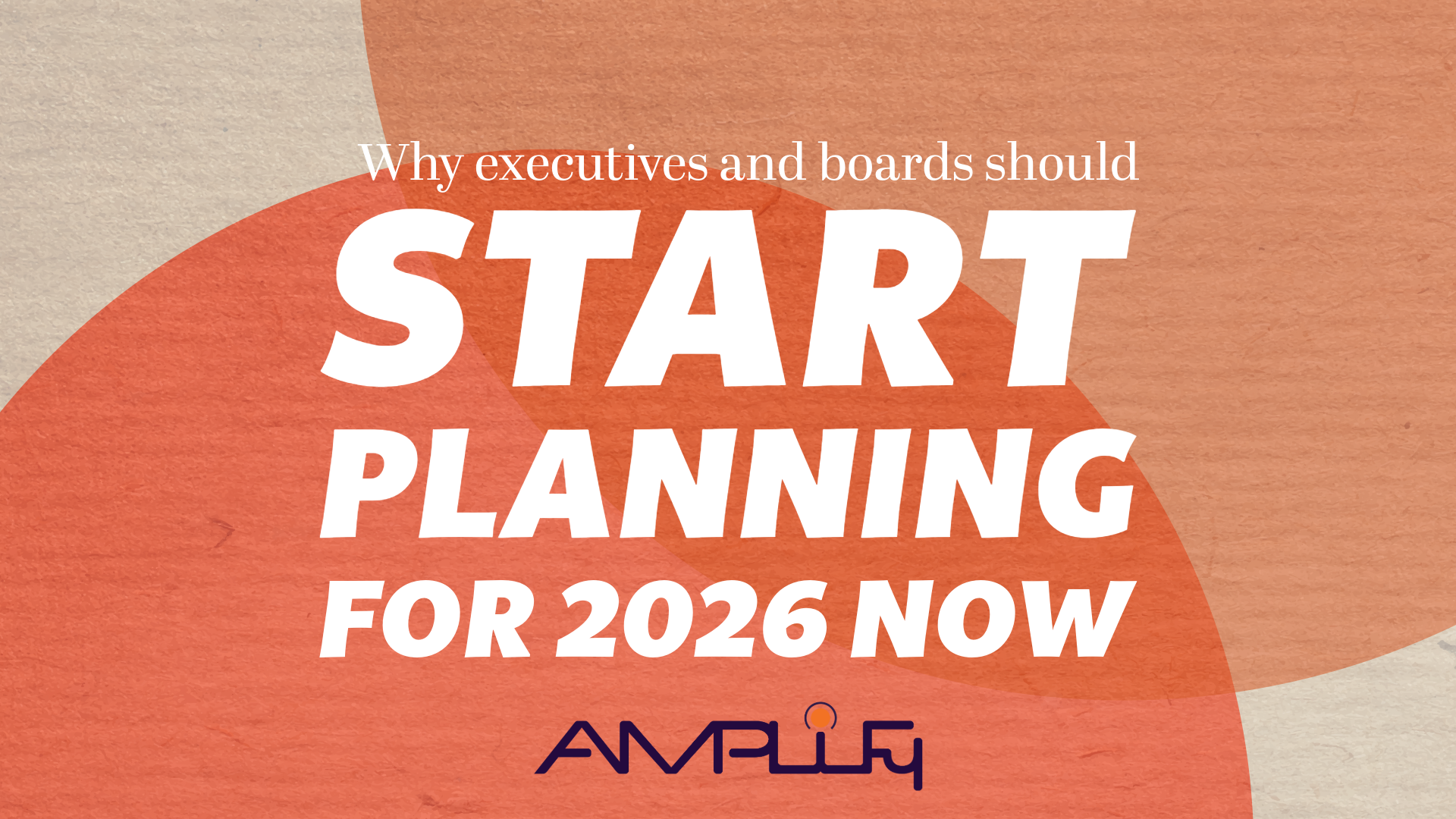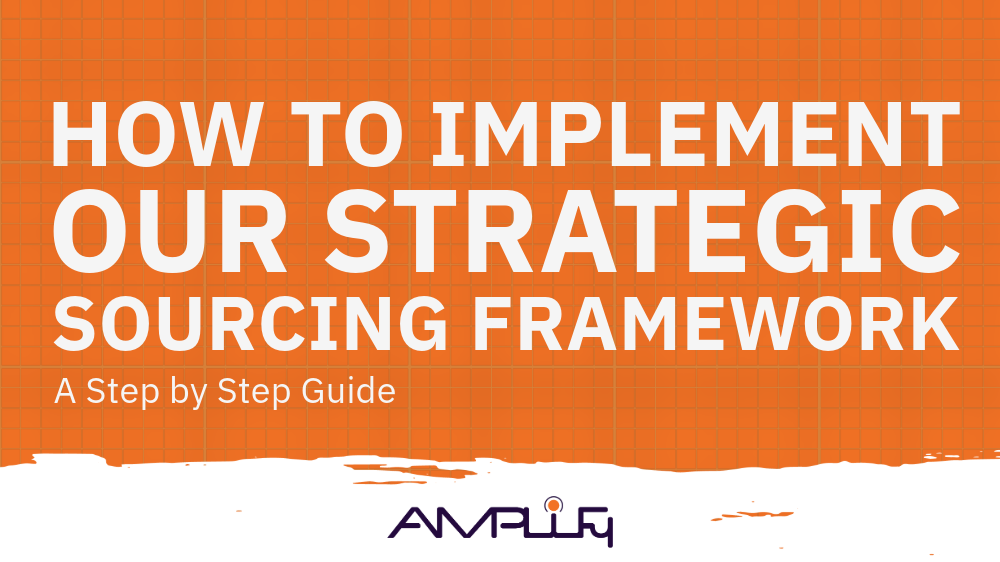What’s the Difference Between Education and Knowledge at Work?
In the hiring process, it is often overwhelming to try and choose among a pool of talented candidates, each with vastly different backgrounds. During this journey, a common pitfall that hiring managers make is focusing so much on education and degrees that they forget to consider a candidate’s life experience and knowledge.
We have done spotlights on the value of life experience in the past and wanted to take a deeper look at the difference between education and knowledge, how both impact the workplace and teams, and what hiring managers should know.
The Difference Between Education and Knowledge
This debate over whether education or experience is more important isn’t new. So, which is better and why? Let’s start by defining our terms.
When we think about knowledge versus education, the main delineator between the two is that knowledge refers to wisdom or understanding gained from direct, real-life experiences a person has. In contrast, education more often refers to something an individual acquires by a formal learning process, such as through an institution such as primary schools and universities.
You can’t always teach experience. Though in many college and university programs, students must complete practicums, become student teachers, or work for the departments they are studying in to gain hands-on experience. However, in some cases, when someone with fantastic experience doesn’t have a degree, they aren’t considered. Knowledge is like street smarts; it’s harder to do well on every level if you go into the world without them.
Traditional education is often more formal. It has value, but it doesn’t always teach experience. Let’s look closer at the specific advantages of both.
The Value of Experience
Stop and think for a moment: How many people in your office are working in the actual field they studied and earned their degree(s) for? It’s an interesting question because it illustrates the path people take and highlights that if people are working in roles they didn’t study for, there must be some value to experience.
Some companies no longer (or never did) require college degrees, causing many to wonder if heading to a formal institution for higher education is always necessary.
Let’s look at some of the specific benefits exclusive to experience and knowledge:
- Knowledge is boundless.
- Knowledge is often free when we gain it through our surroundings and experiences versus most education derived from books or formal instruction in an institution.
- Knowledge gained through life experience can’t always be taught. It is often achieved through unique experiences.
The Value of Education
Although some statistics show a decline in college enrollment, much of which seems to stem from the skyrocketing price of tuition, there are still hard numbers that support the value of formal education, particularly earning a degree.
For instance, even though the price tag for a college degree can be expensive,
data from the U.S. Bureau of Labor Statistics (BLS) shows those 25 or older possessing a bachelor’s degree in 2021 had an unemployment rate of 3.5% compared to a 6.7% unemployment rate for those with only a high school diploma.
Further proof from that same study shows that higher education is still paying off. This is clear on paystubs, with the average weekly earnings of those with a degree being $1,334 (which goes up with further education) compared to the lower $809 earned by high school graduates alone. Further, occupations that require more education are projected to grow faster than average.
How to Balance the Value of Education and Experience
There are advantages of both education and knowledge. Ideally, as a hiring manager, you could try to “have it all” by finding a candidate with a balance of both: the knowledge gained from real-life experience and the education that shows they have discipline, essential information, and awareness needed to do the job.
When it all comes down to it, learning never really stops—how you go about it changes. The most impactful people in your workplace will be those that are always curious and striving to keep learning and growing, improving themselves and your workplace in the process.
Want to learn more? Connect with us to learn how we can help you reach your goals.




